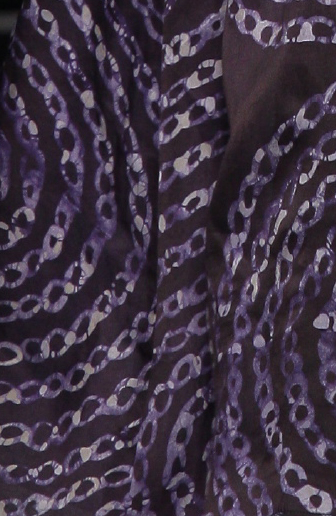Jean M. Borgatti
Why Africa? Why Now? The Designs of Ade Bakare
Jean M. Borgatti
University of Benin, Nigeria
Fitchburg Art Museum, USA
Boston University and Clark University
jborgatti@gmail.com
www.clarku.edu/~jborgatt
Bio
B.A. Art History (Modern Art) Wellesley College 1966
M.A. Art History (non-Western) UCLA 1971
Ph.D. Art History (non-Western – African, Oceanic, Native American, Pre-Columbian) 1976
Research Focus: African Art History, Nigeria (Edo North) – Masquerade, Festival, Aesthetics, Portraiture.
Teaching: African Art History, Native American Art History, Oceanic Art History, Arts of the African Diaspora
Current positions
Professor, Department of Fine and Applied Arts, University of Benin, Nigeria
Research Fellow – African Studies Center, Boston University
Research Fellow – Clark University, Worcester MA
Consulting Curator, African and Oceanic Art, Fitchburg Art Museum, Fitchburg MA

Ade Bakare’s designs featured in a Lagos (Nigeria) gallery’s retrospective exhibition of his work in June 2013. I was drawn less by his elegant sketches than by his use of historic Yoruba textiles and textile design techniques to complement gowns and dresses, less African in style than Western. Bakare was born and educated in the UK, and his early career was firmly based in European fashion. He provides excellent self-documentation through his website, press-cuttings, and a battery of sketchbooks. After graduating from Manchester University College, Bakare worked in London’s fashion industry from the early 1980s, establishing his own label in 1991. However, the first reference to Africa in his timeline does not occur until 2002, twenty years into his career. Since then he has developed an active relationship with the Nigerian world of high fashion. He became the official designer for First Lady Stella Obasanjo in 2004, opened his Lagos boutique in 2006, and established the Young Designers Creative Competition in 2007. In this paper, I propose to look at Ade Bakare in both his London and Lagos fashion worlds to explore the broadening of his fashion identity in the last decade to reference not only his Nigerian family background but his own Yoruba ethnicity. This paper will draw on Bakare’s archive of materials as well as an in-depth discussion with him on his work and on his up-coming fashion show in London in August that is being sponsored by Nigeria’s Ogun State and that will feature his designs in adire, resist-dyed cloth.



